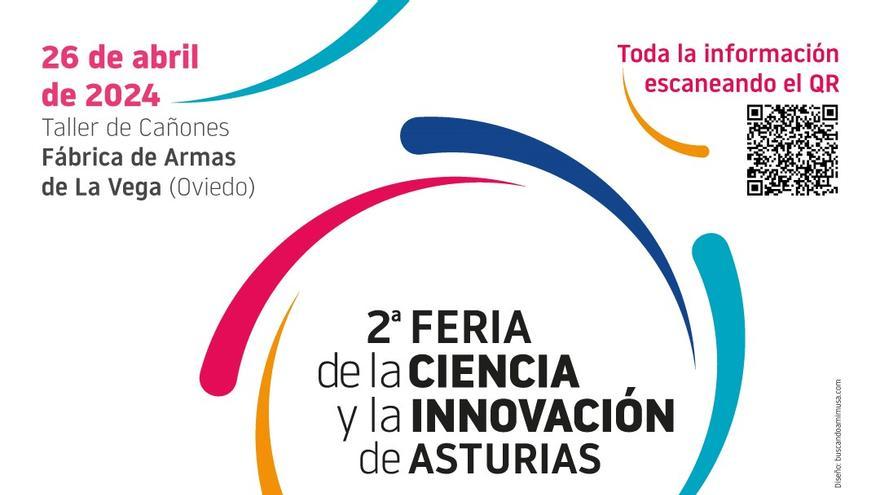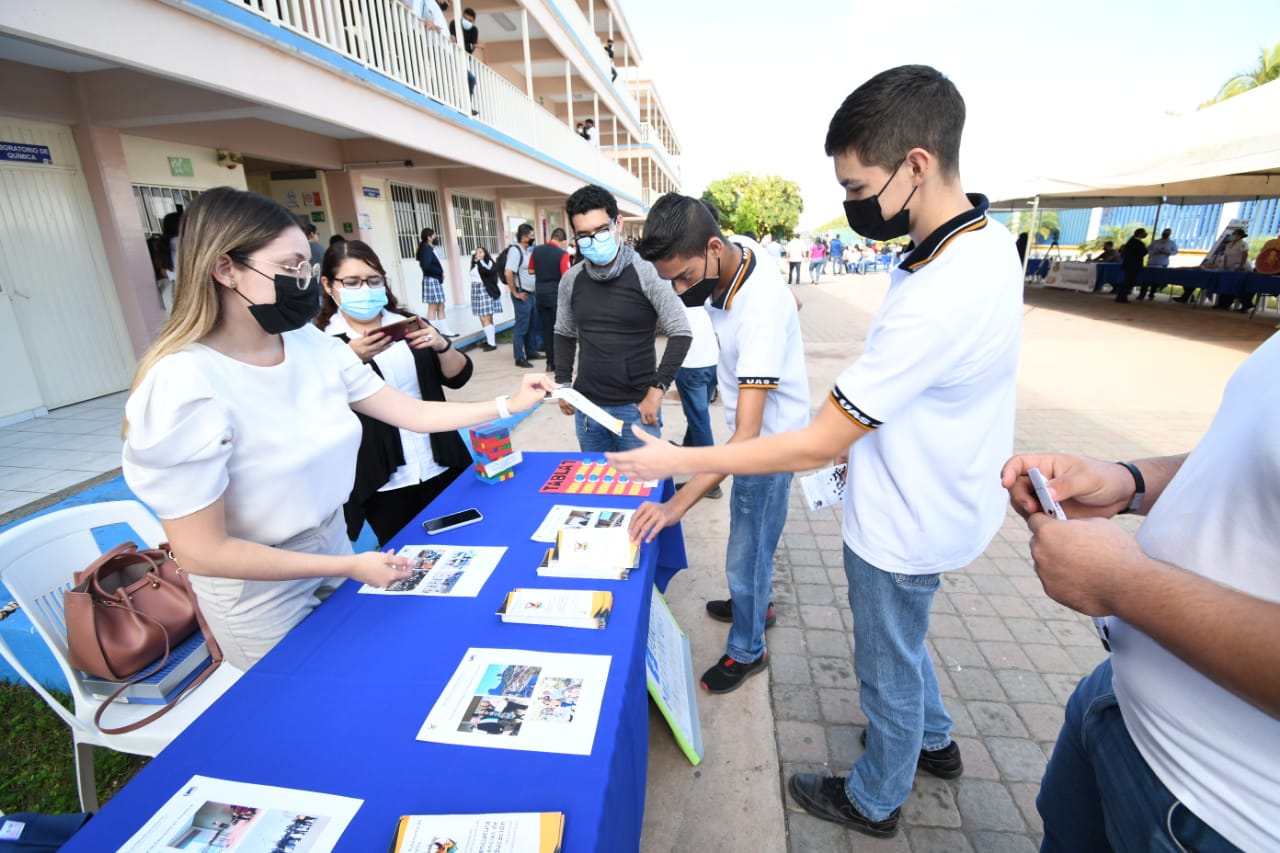Held virtually at the Cultural Center of Science (C3), this first international meeting sought to deepen the dialogue between France and Latin America on open science. At the same time, it was proposed to provide greater visibility to a region that was a pioneer around the openness and accessibility of scientific research.
Within the framework of the numerical month of November, this space was organized by the Franco-Argentine Center for Advanced Studies of the University of Buenos Aires, together with the French embassies in Argentina and Brazil, the National Center for Scientific Research of France (CNRS ), and the support of the National Council for Scientific and Technical Research (Conicet) and the Ministry of Science, Technology and Innovation (MINCyT).
During the opening, Lionel Paradisi Coulouma, Counselor for Cooperation and Cultural Action, director of the IFA Embassy of France in Argentina, said: “In the last twenty years the panorama of production and especially the dissemination of scientific information has undergone a radical change from the hand of the digital revolution. Researchers from all areas of knowledge with research organizations signed up for a one-way path, there will be no going back. Open science is today one of the strategic axes of science policies ”.
One goal: the production and public circulation of science
In turn, Mario Pecheny, vice president of Scientific Affairs at Conicet, said: “In an event with such an important topic, what I want to underline with this open science is its public nature. I like the public word, public science and with this interrelation that comes to us with the development of virtuality. By public in the sense that it recreates the common interest, that it is not private, exclusive of some and of some, that it depends on public funds directly or indirectly, in the sense of publicity of the transfer action, something that it is not hidden, public in the sense that it is accessible and in the political sense tied to democratic deliberation. Finally, the public is linked to the test of publishing as the right to freedom to publish as a way of transmitting the results of the investigations and the bases that were also generally made with public funds ”.
After highlighting as key the role of organizations such as Conicet and MINCyT and their equivalents in each country, Pecheny concluded: “Sustaining scientific advertising on a global scale and on the scale of our countries is not possible without resources and in this sense Those of us who are in intermediate places of management work, in which our States recognize the extremely priority nature of supporting scientific publications and that allow what we do to be accessible and not a privilege ”.
Later, Guadalupe Díaz Costanzo, director of C3, stated: “This Cultural Center is a space that within the Scientific-Technological Pole deals, among other things, with being a meeting place between society and the scientific community, science. I think this meeting is absolutely timely and relevant and that bilateral discussions take place here as a space where parts of public policies are represented in public communication of science ”.
From Brazil, Olivier Giron, Counselor for Cooperation and Cultural Action, French Embassy in Brazil and later, Olga Anokhina, Director of the CNRS Bureau in South America, present at C3, closed the opening.
The development of open science: a political challenge, a scientific challenge?
After the opening, the first table was held: “The development of Open Science: a political challenge, a scientific challenge?” moderated by Maud Pelissier, Attaché for University Cooperation, French Embassy in Brazil and Director of Campus France Brazil.
Fernanda Beigel, Conicet principal researcher, coordinator of the MINCyT Open and Citizen Science Committee and president of the Open Science Recommendation Committee (Unesco), who recently participated in the city of Paris, France, of the General Conference of Unesco where the “Recommendation on Open Science” was approved, an international framework that will be adopted by the 193 countries that attended the meeting and that aim to transform science into a more equitable and inclusive tool.
During his presentation, Beigel made a historical tour of the Open Science movement and highlighted the lessons left by the pandemic and the importance of scientific collaboration: “One of the lessons was the importance of free and timely access to scientific data, publications and information of interest in health emergencies ”.
The Latin American path of Open Science
After mentioning the pillars of Open Science such as open access, open dialogue with other knowledge systems, open infrastructures, citizen science and aligning incentives, Beigel emphasized the Latin American path of Open Science where he mentioned five pillars : national information systems; regional networks, digital libraries and indexing systems, national laws and CRIS projects, the Regional Federation of Repositories and the regional tradition of university extension.
The panel was attended by Marin Dacos, member of the Directorate General for Research and Innovation of the Ministry of Higher Education, Research and Innovation, France; Bianca Amaro from the Brazilian Institute of Science and Information Technology (IBICT) and Guillermo Anllo representing Unesco in South America.
The event was articulated in thematic tables for the debate of specialists and researchers, institutional actors and pioneers in the matter around the following axes: Challenges inherent to the development of Open Science; State of the art twenty years after the first initiatives in Open Science and Reconfiguration of the ecosystem of scientific publishing.



:format(webp)/cloudfront-us-east-1.images.arcpublishing.com/grupoclarin/XM6EP3SM5REKNBOIXJSOCDCOOA.jpg)

